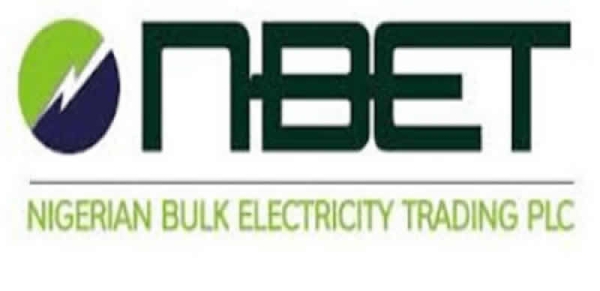A suspicious “capacity testing” conducted at power generation companies (GenCos) by the Nigeria Bulk Electricity Trading (NBET) Plc has come under the microscope of the Independent Corrupt and Other Related Offences Commission (ICPC), TheCable can report.
The test, initially estimated to cost N200 million in payments to consultants, was jacked up to N400 million when it was conducted in December 2024 — and was allegedly not in the approved budget for NBET for the year.
Curiously too, capacity testing is usually done by the GenCos themselves, as it is a condition in the power purchase agreements (PPAs) executed with the bulk trader.
Following a tip-off by an NBET insider, the ICPC launched an investigation.
TheCable learnt that the commission has written to Johnson Akinnawo, the acting managing director and CEO of NBET, to request some sensitive documents that will throw more light on the transaction.
The ICPC demanded specific documents as follows:
- Contract files in respect of capacity testing conducted for GenCos in December 2024
- Schedule of all capacity testing carried out on GenCos and the list of companies/consultants that carried out the test from 2010 to date
- Detailed explanation on how NBET has been carrying out capacity testing from 2010 to date, as well as copies of the reports carried out
- Approved budgets of NBET, fund releases, and budget implementation reports from 2010 to date
- All procurement files, payment vouchers and accompanying documents in respect of all goods and services procured by NBET from November 2024 to date
- Payment schedules/mandates with respect to all payments made by the agency to respective companies and individuals from November 2024 to date.
‘IT WAS DIRECTED BY THE POWER MINISTER’
NBET, in its letter to the GenCos in December 2024, said Adebayo Adelabu, the minister of power, directed that NBET should conduct the controversial capacity testing.
The test determines the maximum generation capacity of every power plant.
“The Honourable Minister of Power instructed NBET to carry out the capacity test for all GenCos within its portfolio and to forward a report on the exercise to the ministry upon conclusion,” an insider told TheCable.
The test is usually conducted in the presence of the representatives of NBET and the system operators, while the National Control Centre (NCC) ensures the grid is available.
“NBET does not pay for capacity tests,” the insider further said. “The previous managements never paid. How the budget also suddenly went up from N200 million to N400 million is something that will be difficult to explain.”
NBET: WE FOLLOWED DUE PROCESS
Sambo Abdullahi, NBET’s chief financial officer, told TheCable that the organisation followed due process in conducting the capacity test.
He said the recent test was jacked up to N404,419,600 as a result to inflation.
“The test is an independent test to verify the dependable capacity of the GenCos and was carried out in conjunction with the system operators and market operators under the TCN annually. Both the seller and the buyer can go for the capacity test to protect their liabilities. Either party is responsible for their costs. Remember, energy sales are based on cost recovery. The report of the GenCos capacity test shared with HMP and NERC is available in NBET for sightings,” Abdullahi said.
“The expenditure is from the approved regulatory income, duly approved by the regulator, NERC. Remember, indices such as the floating of the naira and inflation affect the cost of goods and services. The last GenCos capacity test was in August 2022, when the dollar was N417/$1 and cost N213,008,950.00. Due to a paucity of funds, we couldn’t do it in 2023, and it’s required for the determination of their dependable capacity. Please note that the capacity test is done annually.
“Due process was followed in the engagement of the consultants, and processes are available for review. This is not the first time NBET has used independent consultants for this purpose. A routine check in line with their mandate was carried out by the ICPC, and the matter was closed out.”
However, Demola Bakare, ICPC spokesperson, told TheCable that the investigation into the matter is ongoing.
“Yes, the probe is still on. We will inform the public of the outcome once it is concluded,” he said.


